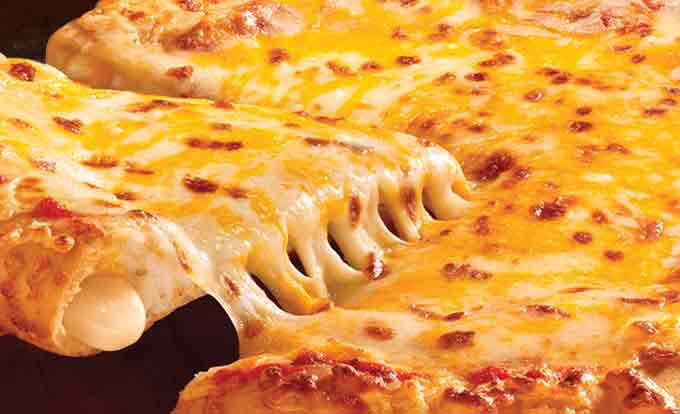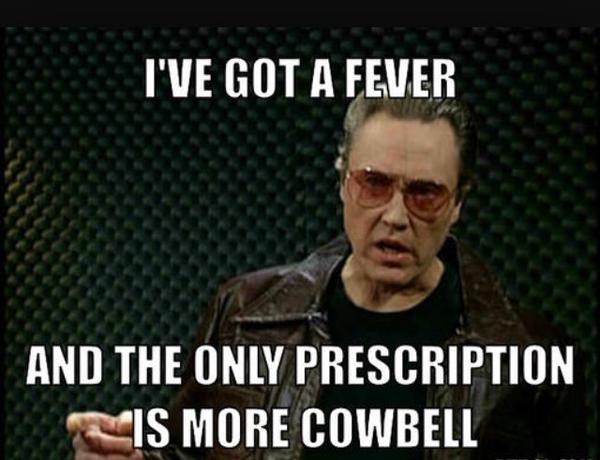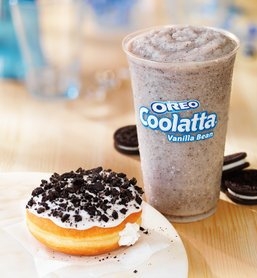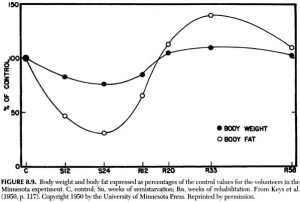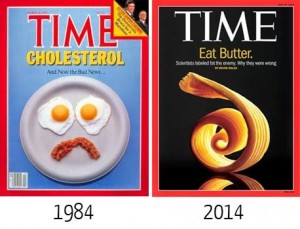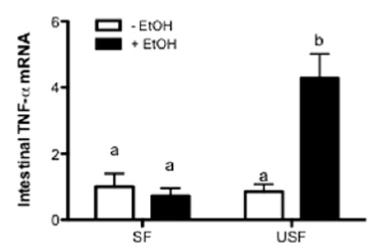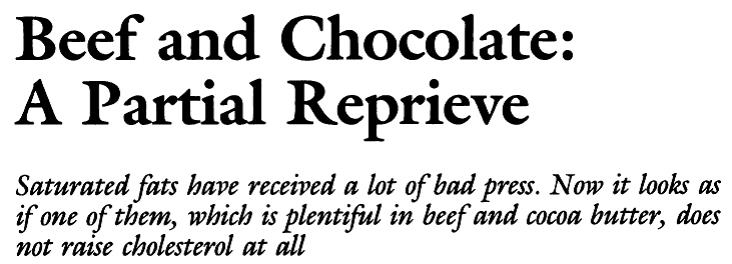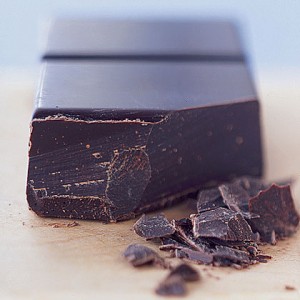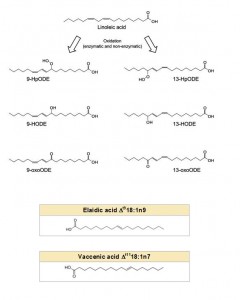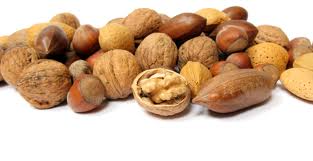It started out as “lose weight without hunger on LCHF” and went all the way to “effortless fasting on keto.” Works for some and it might be true, but the same can be said for low fat diets! The key, I think, in both contexts, is simple: fewer processed & refined foods… something the Paleo movement got right, imo (although I still think many low-calorie sweeteners are way less unhealthy than HFCS & sugar).
The logic:
1) add “good calories” like almonds to your diet and appetite spontaneously compensates by eating less other stuff: energy neutral
2) you don’t compensate for added “bad calories” like sugar-sweetened beverages: positive energy balance
3) remove bad calories from your diet and you don’t compensate by eating more other stuff: negative energy balance
Book: Good Calories, Bad Calories

